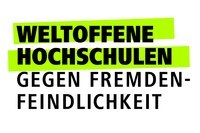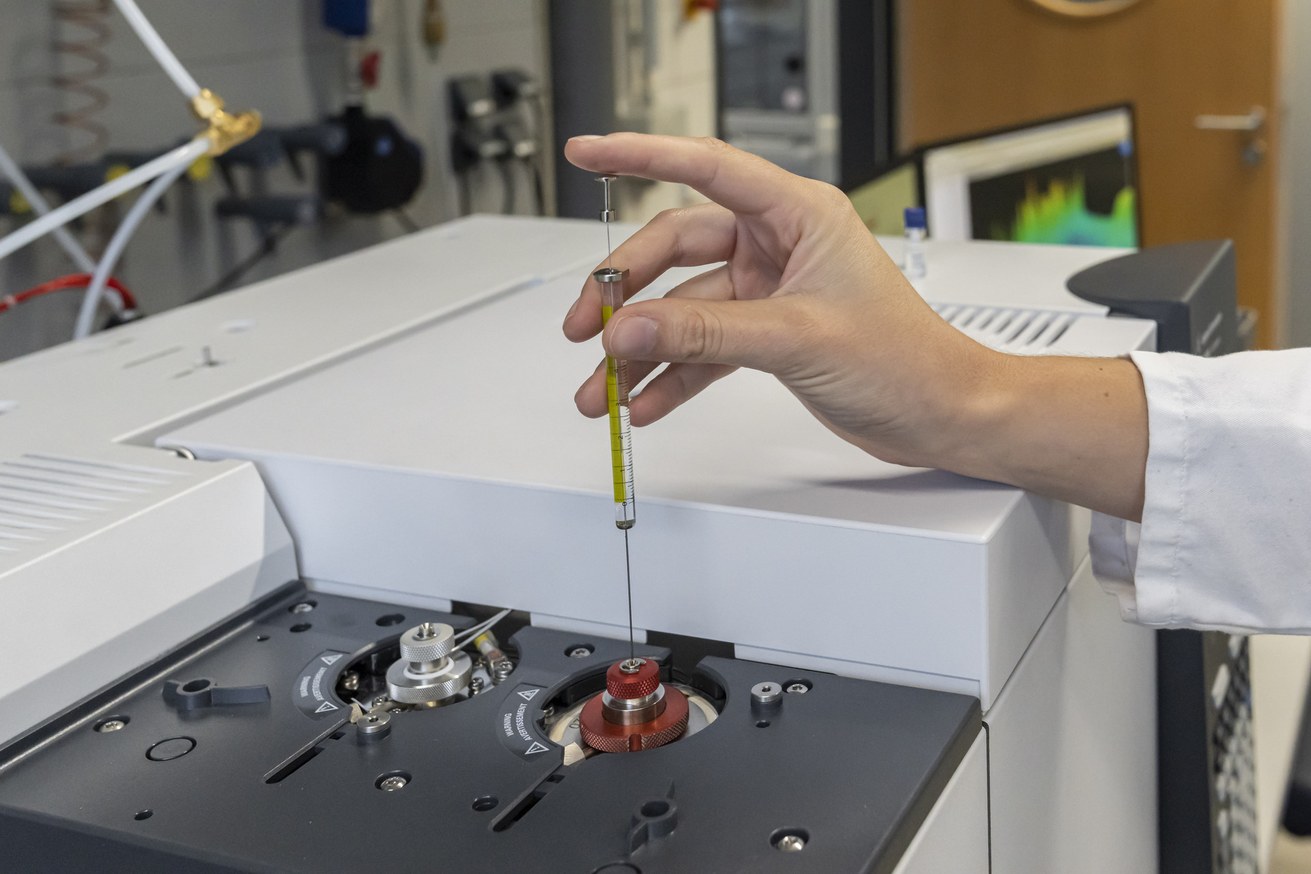
Research focus and profile areas
at the Mathematics / Natural Sciences facultyResearch focus and profile areas
The faculty focuses its research and teaching activities on the three profile areas of "STEM didactics", "Effects of anthropogenic stressors in ecosystems" and "Materials science".
In addition, the faculty has identified the two overarching cross-cutting topics of "Water" and "Mathematical Modelling, Simulation and Optimisation". These are relevant in all profile areas and also enable networking between the profile areas and increase the faculty's competence in interdisciplinary research approaches.
The development of the profile areas is largely determined by the faculty's current staffing strategy. This is already stringently aligned with the profile areas mentioned and pursues the goal of generating critical masses of research expertise, making them regionally networked, nationally and internationally visible and capable of successfully raising funds for and implementing coordinated programmes.
All profile areas have a regional focus and pursue research approaches that have the potential for national and international visibility.
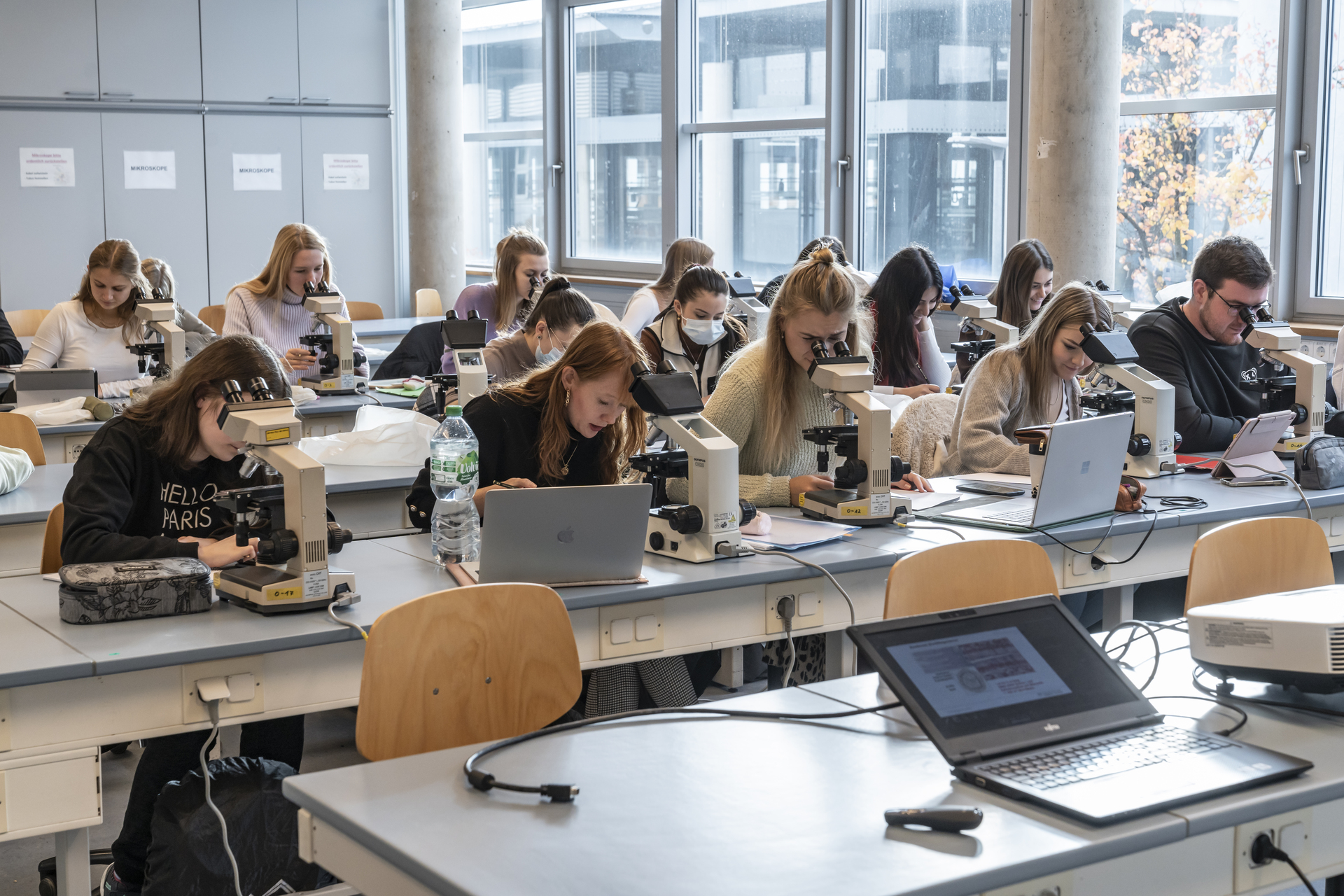
Profile area STEM didactics
With the appointment of a total of six new professorships for the didactics of Natural Sciences, Mathematics / Natural Sciences and Sport, the faculty is able to offer all didactics of science with professional staff.
The faculty has taken care to ensure that the professorships' research approaches cover all age groups in society, from primary school through secondary school to further education aspects.
The KOMINT umbrella structure that has already been created brings these didactics professorships together and makes them visible players within the region's educational landscape. Overall, a situation is being created in the field of didactics in which the professorships concerned play a visible role in STEM education in schools and further education.
Profile area Effects of anthropogenic stressors in ecosystems
The age of the 'Anthropocene' is characterised by the extensive impact of humans on their environment. Prominent topics discussed in this context include climate and land use change, environmental pollution and eutrophication as well as the dramatic loss of biodiversity. Researching and evaluating the anthropogenic influence on ecosystems is an urgent task for society as a whole. In this context, this profile area deals on the one hand with the effects of factors such as temperature changes or eutrophication, which are anthropogenic stressors of outstanding importance. On the other hand, the harmful potential of microplastic particles in aquatic ecosystems, which represent an ecotoxicological risk, is being investigated. The aim of many projects is to develop proposals for the risk management of man-made problems and a sustainable approach to the limited resources of the environment and nature.
This profile area is significantly strengthened by the current appointment strategy. Four disciplinary professorships (Limnology, Physical Geography - Anthropogenic Landscape Change, Ecohydrology, Bioorganic Chemistry) strengthen this profile area and are directly linked to it. We emphasise the promotion of junior researchers and have designated three of the four professorships as junior professorships (two without, one with tenure track).
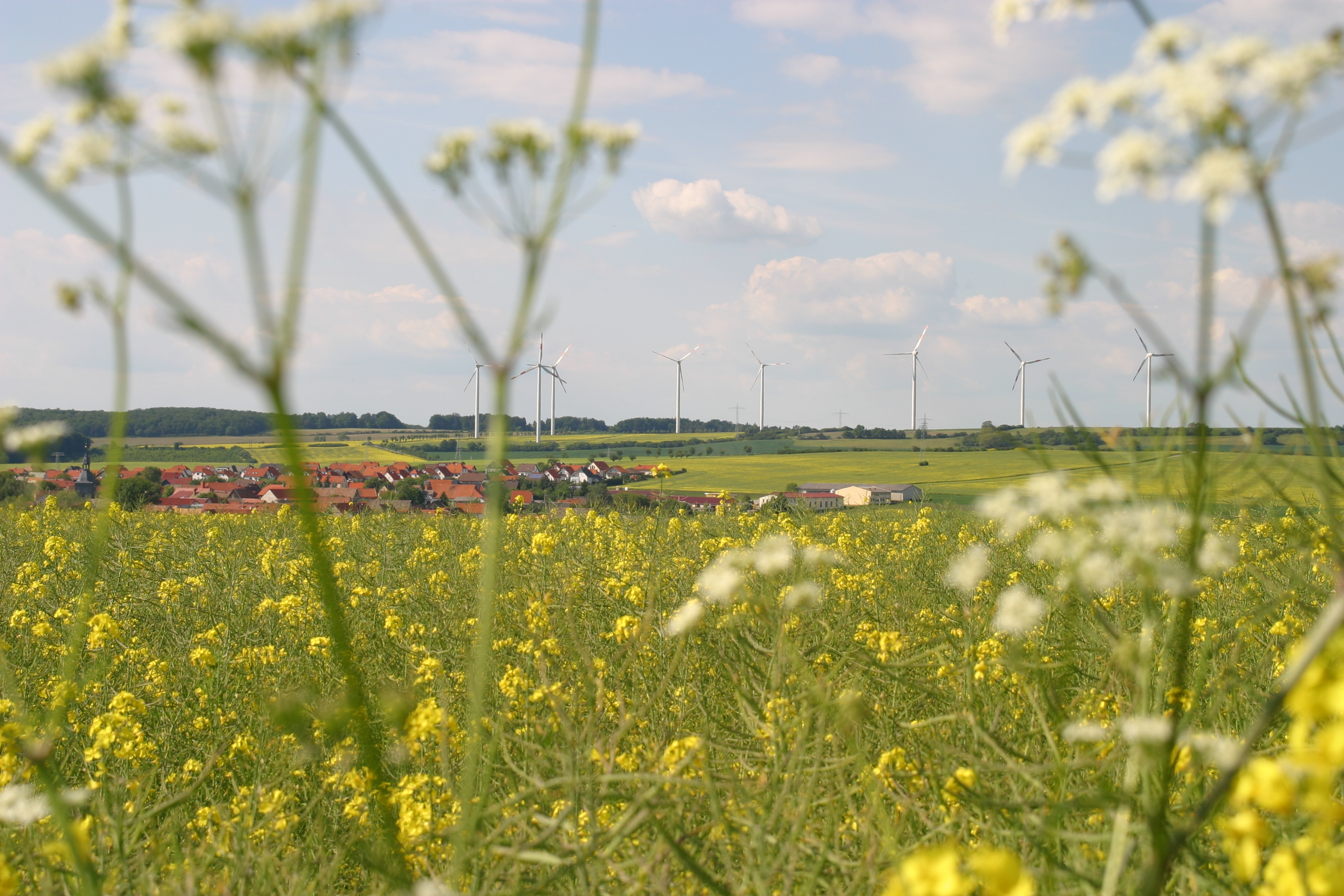
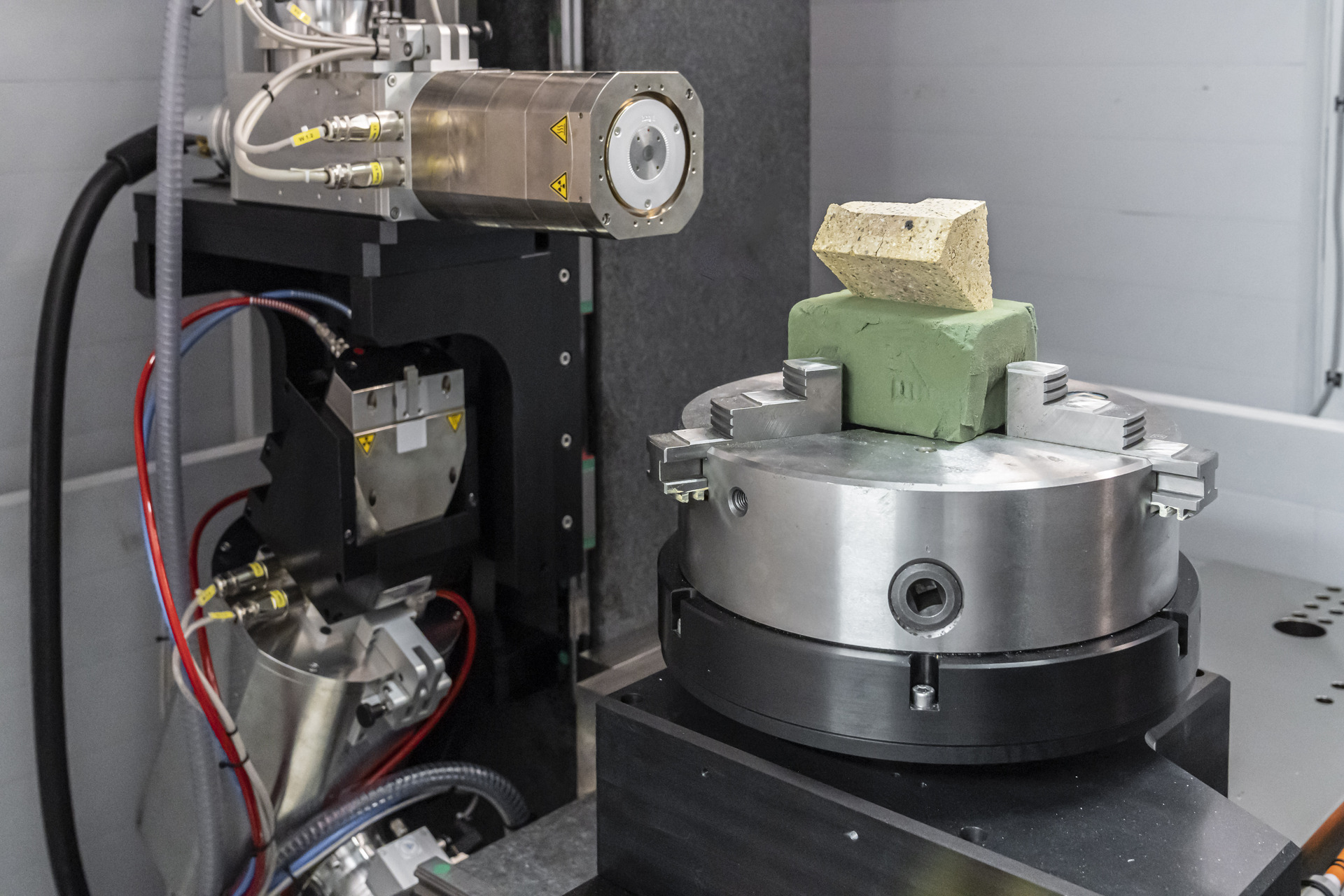
Materials science profile area
On the one hand, the research focuses on materials science-orientated research on the topic of "ceramics", which is prominently bundled in the "Koblenz Institute of Advanced Ceramic Material Properties Studies". In addition to the university, the Koblenz University of Applied Sciences, the European Centre of Refractories (ECREF) and the Research Institute for Inorganic Materials - Glass/Ceramics - GmbH (FGK) in Höhr-Grenzhausen are also involved here as strong, regional non-university partners. In future, one research focus will be on ceramic biosensor technology, which will extend the focus on "materials science" beyond its current activities in the field of high-temperature ceramic materials. In this area, we can boast a research infrastructure with equipment that meets international standards. Furthermore, in the field of polymer research, research activities are realised in chemically and physically oriented working groups that deal with the production and material properties of polymer materials. Here, too, there has been close cooperation with regional players for many years.
Cross-cutting issue of water
The faculty cooperates closely with Koblenz University of Applied Sciences and the local Federal Institute of Hydrology on the topic of "water". The resulting combination of expertise is a unique selling point for the Koblenz science region, at least nationally. The faculty's working groups are working on or developing research approaches that deal with the topic of water as a habitat, as a resource or as an environmental space for materials. The close interaction of the cross-cutting topic with the profile area "Effects of anthropogenic stressors in ecosystems" is obvious anyway. The appointment strategy for the next few years will further strengthen this topic, e.g. a research focus in the area of water-land transition (e.g. floodplains, moors, etc.).
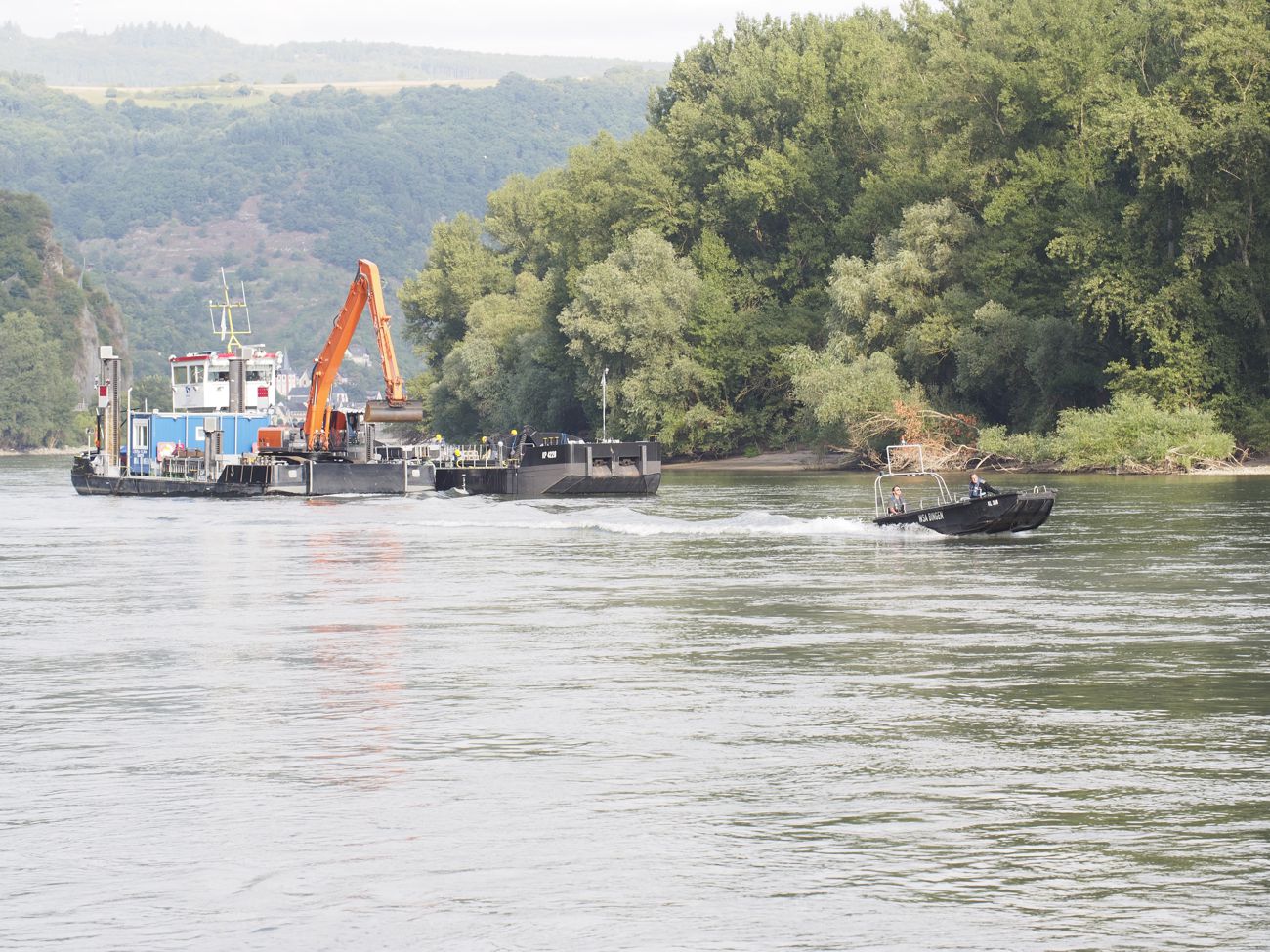
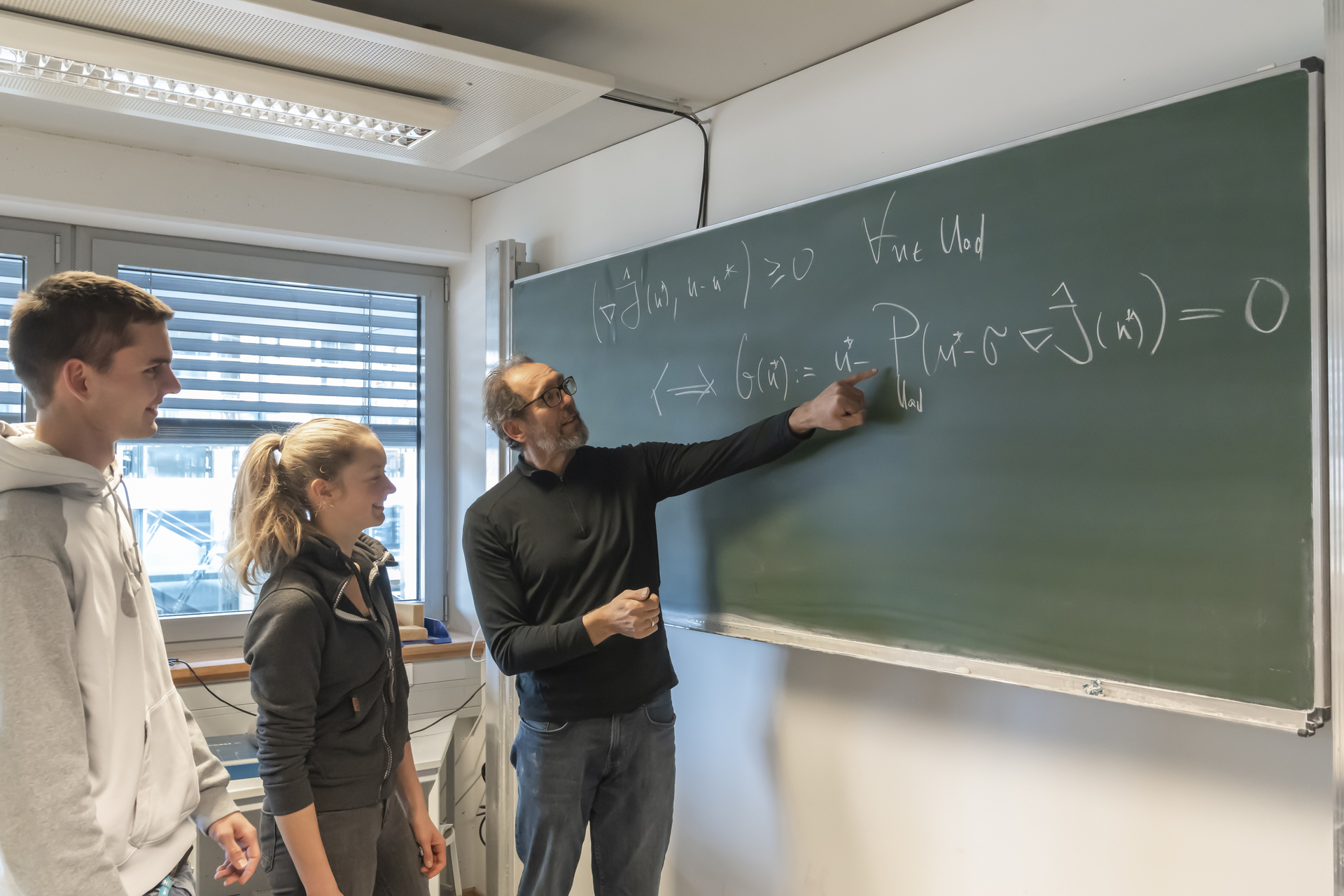
Cross-cutting topic Mathematical modelling, simulation and optimisation
As large amounts of data are generated in the profile and cross-sectional areas and there is a need to transfer research results into mathematical models that are suitable for understanding the effects of various influencing variables on complex events, we have the cross-sectional topic of "Mathematical modelling, simulation and optimisation" in our guidelines. For example, the Mathematics Institute works in the field of simulating the spread of infectious diseases such as dengue or corona, but also in cooperation with the Department of Sports and Exercise Sciences in the field of biomechanics and muscle modelling. Networking with Faculty 4: Computer Science in research and teaching will also be realised via the Mathematics Institute. This focus will be further strengthened through the upcoming appointment procedures.


